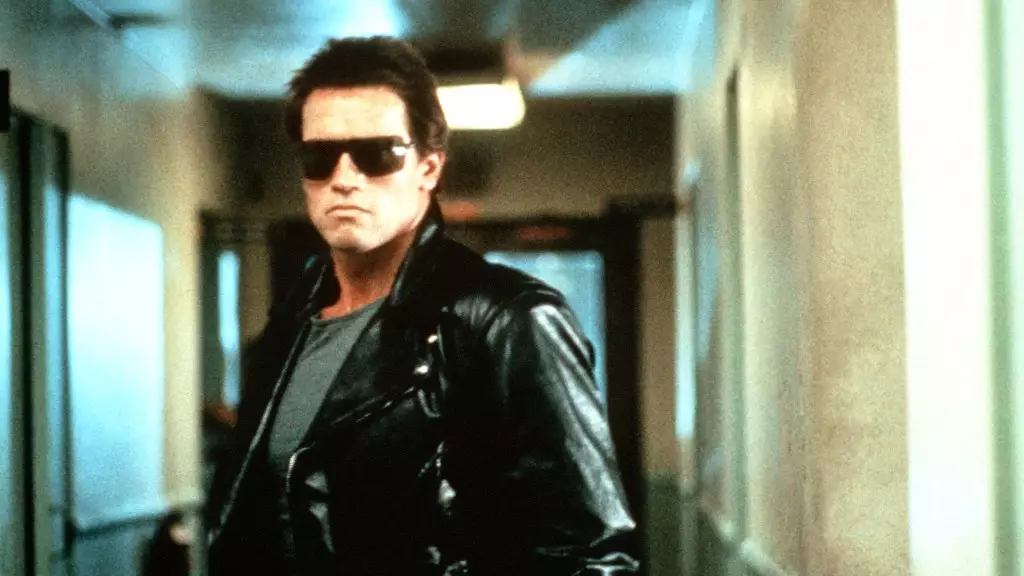As the 40th anniversary of “The Terminator” approaches, James Cameron, the visionary behind the iconic film, has taken the opportunity to critically analyze his early work. Despite its status as a cinematic milestone, Cameron acknowledges the film’s imperfections, revealing a pragmatic perspective on both his achievements and shortcomings. In a candid discussion with Empire, he describes certain elements of the film as “pretty cringeworthy,” recognizing that the production value, in hindsight, didn’t quite stand the test of time.
Cameron’s reflections come with a sense of humility. Rather than viewing “The Terminator” as an untouchable classic, he sees it as a significant stepping stone in his career. This viewpoint allows him to balance the pride of having launched a successful franchise with the acknowledgment of the inherent flaws of his initial film. It is illustrative of a director who values growth and acknowledges that even great art can be imperfect.
When looking back, Cameron’s comments reflect the struggles faced in low-budget filmmaking. At only 29 years old, he was relatively inexperienced at the helm of a feature film. He admits that, while he doesn’t find the dialogue cringe-inducing, he recognizes a disparity in sentiment among viewers regarding his writing. This difference in perception not only speaks to his growth as a filmmaker but also highlights the subjective nature of film appreciation.
By stating, “Let me see your three-out-of-the-four-highest-grossing films — then we’ll talk about dialogue effectiveness,” Cameron subtly critiques the often harsh criticism of his work. His confidence in the dialogue speaks to his belief in artistic expression, while simultaneously acknowledging that film-making involves a spectrum of talent and resources.
Cameron’s account of “The Terminator” extends beyond mere self-reflection; it emphasizes the film’s broader impact on popular culture. The original movie, which garnered over $78 million worldwide upon its 1984 release, not only set the stage for Cameron’s illustrious career but also paved the way for Arnold Schwarzenegger’s ascent in Hollywood. This partnership was serendipitous; both men became intertwined in the legacy of a franchise that has since evolved through sequels, a range of merchandise, and various television adaptations.
Cameron also reflects on the affection he holds for “The Terminator,” underscoring its significance as his first directorial project. Such sentiment is a testament to the emotional bonds filmmakers often form with their work, regardless of how time may treat its aesthetic or technical merits. In essence, “The Terminator” is not just a relic of 1980s cinema; it represents a formative chapter for Cameron, filled with learning experiences and creative risks.
James Cameron’s retrospective on “The Terminator” serves as a reminder that even the most celebrated films have elements that can be critiqued. His honest assessment reflects a maturity that comes from decades of experience in the industry, showcasing a filmmaker who is not afraid to confront his beginnings. This thoughtful reflection is essential not just for fans of “The Terminator,” but for aspiring filmmakers who may learn valuable lessons in humility, growth, and the iterative nature of creative excellence.

